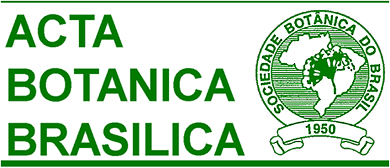The internal morphology of embryos from immature and mature fruits of Heliconia bihai (L.) L. cv. Lobster Claw Two was examined. Embryos were inoculated into MS media (full MS and ½ MS) and GA3 (0, 2.5 and 5 mg L-1) with either sucrose or glucose. These plantlets were then replicated and transferred to MS medium (full MS or ½ MS) with 0 or 2.5 mg L-1 BAP and their multiplication was evaluated 30 and 45 days after inoculation. The genetic variability of the multiplied plants was estimated using isoenzyme analyses. The internal morphology of the mature embryos revealed their tissues to be in more advanced stages of differentiation than immature embryos. In the conversion phase, 85% of the inoculated embryos developed into plants in the ½ MS medium with sucrose, in contrast to only 41% of the embryos that were cultivated with glucose. In the multiplication phase, plants cultivated in ½ MS medium with 2.5 mg L-1 BAP demonstrated more buds. Isoenzyme analyses showed pattern changes in terms of the color intensity and the migration of some of the bands. These results may be associated with differences in the ages of the mother plants and of the plantlets obtained in vitro.
carbohydrates; embryo culture; histology; isoenzymes; micropropagation









